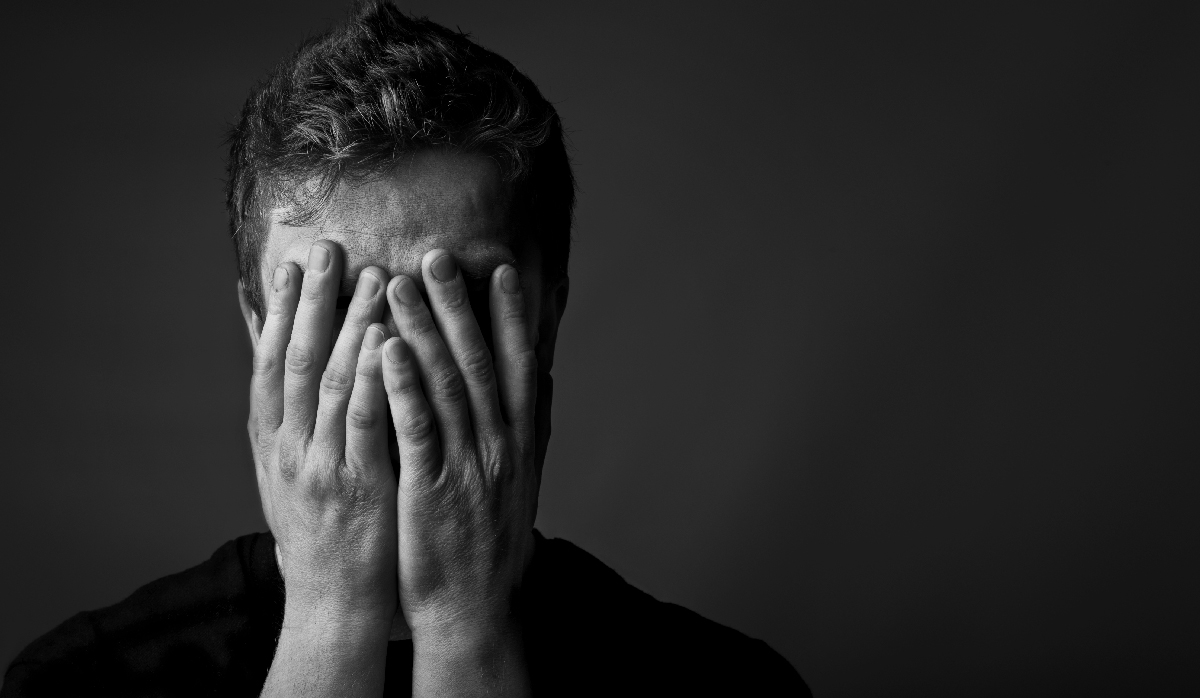Addiction recovery is an emotional rollercoaster filled with plenty of high and lows. While these ups and downs are normal, there are several dangerous emotions in recovery along the way that could derail your sobriety if you are not careful.
The Importance of Emotional Regulation in Recovery
It is normal for people in early recovery to experience a whirlwind of emotions. Not only are they dealing with the psychological effects of withdrawal during their medical detox, but they are also struggling with the emotional impact of restarting their lives.
Unfortunately, included in this rush of feelings are some dangerous emotions in recovery that could hurt your progress. Typically, addiction is tied to people’s negative emotions and thoughts. People with substance abuse problems often struggle to deal with these feelings and will turn to drugs or alcohol as a way of escaping or coping. When these emotions in recovery become overwhelming, it can lead to intense drug cravings. If they are unable to learn how to cope with emotions in recovery, it could lead to relapse. Especially for people who went to a dual diagnosis rehab for a mental health problem as well, managing feelings in recovery is even more important in order for them to stay on track.
Questions about our Programs?
Our admissions coordinators are available 24/7 to answer any questions you may have as you consider whether treatment at Banyan is right for you or your loved one.
Coping with Dangerous Emotions in Recovery
Dealing with your feelings in recovery isn’t always easy, but it is important if you want to maintain your sobriety. Beware these dangerous emotions in recovery and follow these tips for coping with them when they arise.
Anger
Anger is a common emotion that many people experience in early recovery. They may be angry at themselves for getting into this position. They may be angry because they are experiencing withdrawal. In some cases, they may even be angry with others for not trusting them again. No matter the cause, anger can lead people to act irrationally or strive to take something to help them relax. Both can lead to relapse.
How to cope with anger in recovery:
- Meditation
- Breathing exercises
- Exercise
- Do something to relax like take a bath
Depression
Although you should be happy that you finished your partial hospitalization program and are now sober, it is natural to feel sad or lonely during recovery. Unfortunately, both can be big addiction triggers, so it is important to cope with dangerous emotions in recovery sooner rather than later.
How to cope with depression in recovery:
- Talk to a close friend or family member
- Practice healthy habits (exercise, clean eating, regular sleeping schedule)
- Get out and socialize
- See a therapist
Guilt & Shame
While you may be trying to rebuild your life, it is natural to feel guilty about your past. You may have hurt people you love or done some questionable things you cannot take back. Dwelling on your past wrongdoings can hinder your recovery progress and eventually lead to relapse.
How to cope with guilt and shame in recovery:
- Make amends when you can
- Recognize your progress
- Practice positive affirmation
- Focus on the future
Boredom
While it may not feel as volatile as some of the other dangerous emotions in recovery, boredom can be a huge relapse trigger. Drugs and alcohol can become an overwhelming part of an addict’s life, and once they are sober it may feel like they need to fill the void that was left behind by their addiction.
How to cope with boredom in recovery:
- Reach out to someone like those in your rehab alumni program
- Leave the house
- Do something mentally stimulating
- Join a group
- Find a hobby
Coping with emotions in recovery in a way that will help your progress instead of hindering it can be a learning process and take time. At Behavioral Health of the Palm Beaches, our behavioral health center not only helps people get sober but also helps them prepare for life outside of rehab, including dealing with dangerous emotions in recovery.
Get a Free Insurance Verification Today!
"*" indicates required fields
If you or a loved one is struggling with substance abuse or mental illness, let us help you find long-term success. To learn more about us, reach out today at 561-220-3981.













